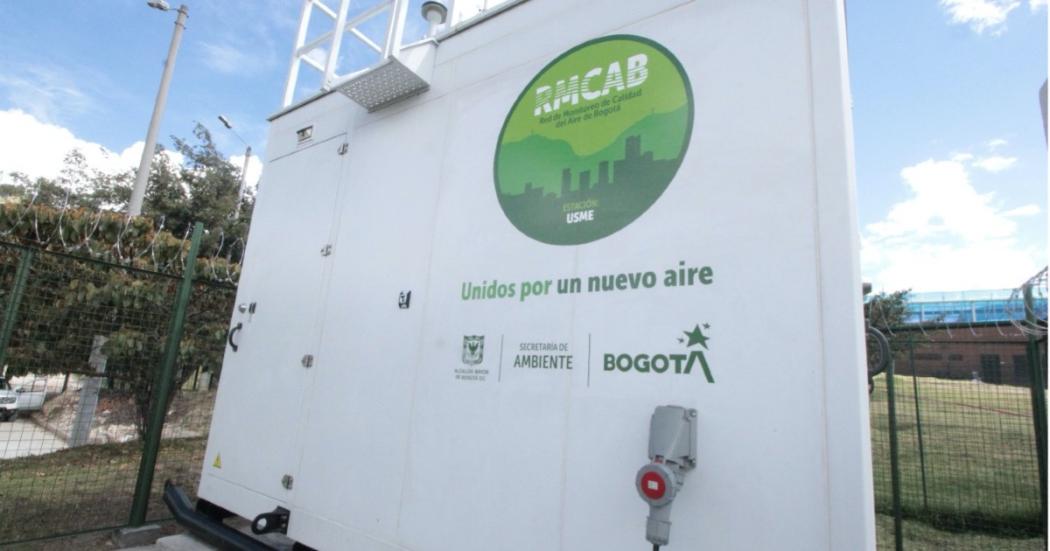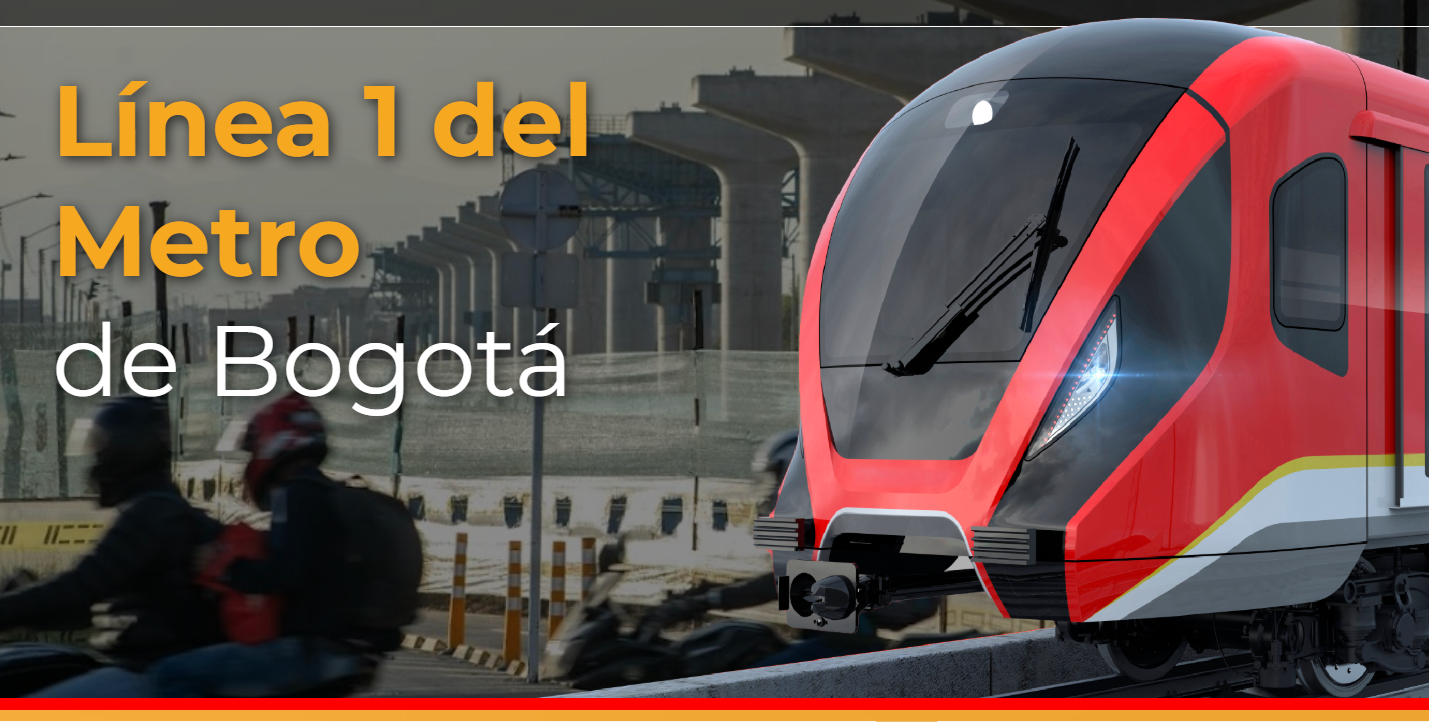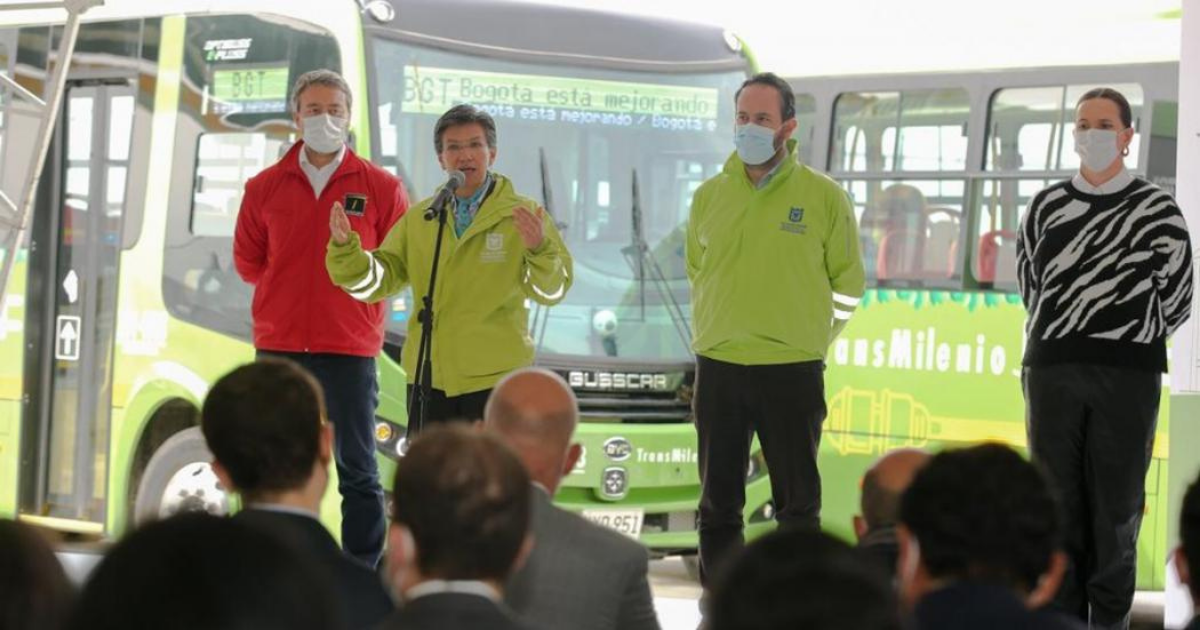Bogotá has been recognized for implementing, in recent years, actions that help reduce the concentration of pollutants and for its commitment to address the climate crisis. The city has become an example for the world in environmental matters.
The World Air Quality study(https://cutt.ly/KDqg6le) highlighted actions taken by Mayor Claudia López’s administration such as the declaration of a Climate Crisis and the renewal of more than 1,400 electric buses for public transport, decisions that will serve to protect the environment and improve air quality in Bogotá.
Over the last year the District Administration has presented the Strategic Plan for the Integral Management of Air Quality in Bogota 2030, a roadmap that proposes solid tools to improve atmospheric conditions and protect residents’ health.
Additionally, in 2021, the Iboca (Bogotan Air Quality and Health Risk Index) was updated, and a plan was defined to update it continuously in the coming years, which will improve individual and city decision-making to reduce exposure to air pollution and its effects on citizen health.
With the signing of the #UnidosPorUnNuevoAire (“United for New Air”) Pact, a governance strategy was initiated that involves businessmen, collectives, academia, and citizens to carry out comprehensive and adequate air quality management. There are currently more than 100 organizations and more than 1,530 people who have joined this initiative.
Improving air quality will continue to be a priority for the district administration; the coordinated work of entities contributes to mitigating the consequences of climate change and to solving health problems, especially amongst children and the elderly, who are the most vulnerable populations in the face of pollution events.
Traditional means of transportation have a considerable effect on air pollution in cities and, therefore, it is essential to update the vehicle fleet and change habits in order to solve this problem.
The Administration will continue to work hand in hand with academia, the public and private sectors, and citizens in general, to achieve better air for Bogotá.
If you would like to read the World Air Quality study in English, click here






